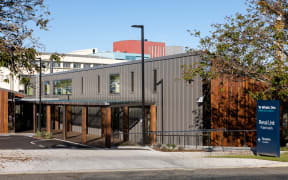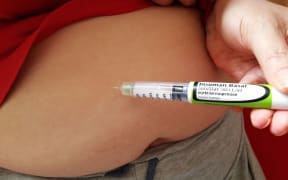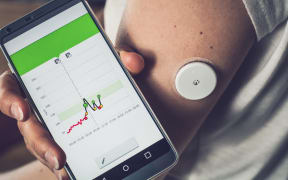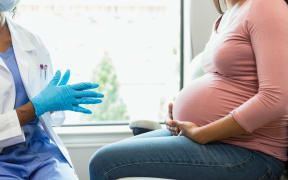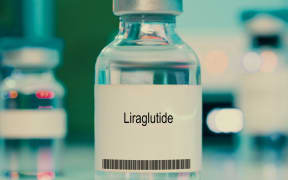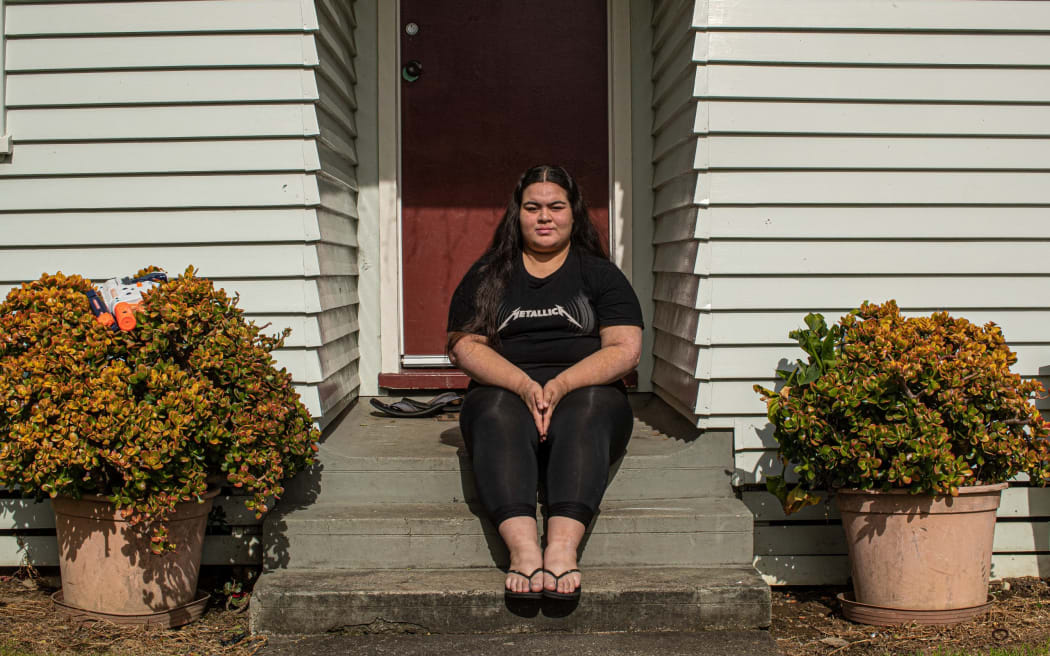
Ōtara resident Mele Raass is one of a group of 20 young people chosen to undergo the surgery as part of a project targeting adolescent obesity. Photo: Stuff / Jason Dorday
Mele Raass is counting down to life-changing bariatric surgery.
The 17-year-old Ōtara resident is one of a group of 20 young people chosen to undergo the surgery as part of a project targeting adolescent obesity. To qualify, patients have to be under 18 years of age and have a body mass index (BMI) of over 35.
Her surgery this month will remove half her stomach to prevent developing diabetes - and end a lifelong weight battle.
The scheme is part of a programme from Diabetes Foundation Aotearoa (DFA), which has partnered with two charities to fund it, the Perpetual Guardian Trust and the Freemasons Foundation.
Bariatric surgery is to promote weight loss for people with severe obesity. It is recommended when other strategies, such as diet management and exercise, have failed.

Raass will be the second person to undergo surgery as part of the scheme.
She was first put in contact with DFA due to her weight in 2020, after undergoing an operation at 15 to remove an ovarian cyst.
Raass has what is referred to as pre-diabetes - elevated blood-sugar levels, but is yet to be diagnosed with the disease.
As part of the programme, she underwent a diet to help her lose weight and in November was recommended for bariatric surgery.
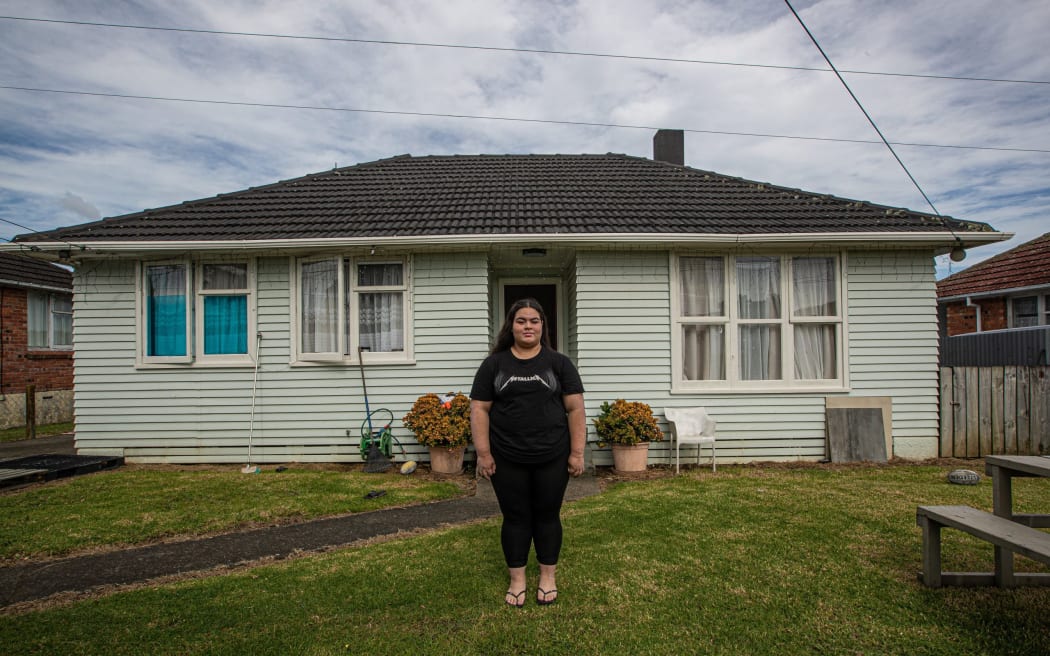
Mele Raass’ operation is scheduled for this month and she will be just the second person to undergo bariatric surgery as part of the scheme. Photo: Stuff / Jason Dorday
Raass said she was not daunted by major surgery.
"I've gotten used to surgery by now," she said.
Raass said she had battled weight and low self-esteem most of her life and was bullied at school.
"I've tried losing weight. But for people like me, with polycystic ovary syndrome, it's hard."
DFA chairman Dr John Baker said bariatric surgery could not only give a better quality of life, it could also control diabetes and other health problems.
"Here in South Auckland, diabetes and obesity are community-wide problems and there's no point waiting 10 years for when someone has complications - the boat has sailed by then."
According to Te Whatu Ora (Counties Manukau), there are more people with a high BMI in Counties Manukau than any other region in the country. It is home to 19 percent of all New Zealanders in the most extreme BMI group.
Dr Richard Babor is a surgeon who specialises in bariatric surgery and about half of his work with Te Whatu Ora (Counties Manukau) involves obesity surgery.
He said operations for under 18's were still in their infancy.
"But it's not that uncommon around the world, in the US, Australia, the Middle East," Babor said.
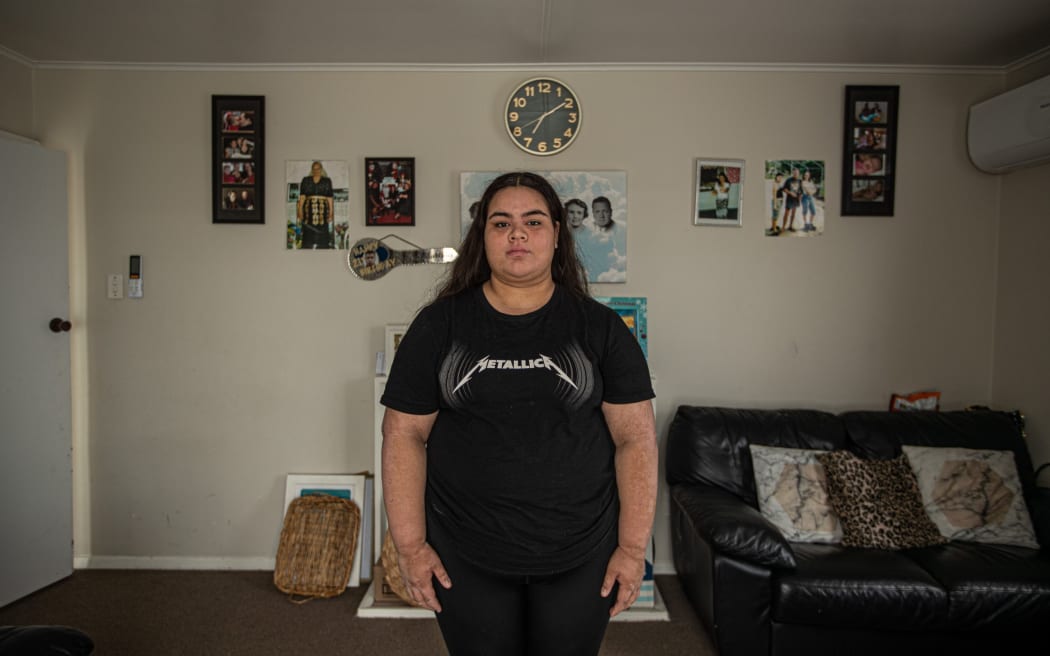
Mele Raass’ operation is scheduled for this month and she will be just the second person to undergo bariatric surgery as part of the scheme. Photo: Stuff / Jason Dorday
He visited hospitals and clinics in the United States in 2017/2018 to look at adolescent bariatric surgery.
"We've seen, over the last 10 years, how effective it is in treating diabetes in adults. And there's no doubt bariatric surgery is a very effective treatment for adults."
He said getting adolescents to take traditional medical treatments could be problematic and bariatric surgery was one way to help turn lives around.
"If you are 15 or 16 years old with a BMI of 50, your long-term health outcomes aren't good," he said.
"And if you've got poor control of your diabetes and you're obese, you are looking at a pretty bleak future."
Rass said she expected the operation to be a "life-changing" experience for her.
She said it was important to her to show others with weight problems and diabetes that there was hope.
Local Democracy Reporting is Public Interest Journalism funded through NZ On Air
